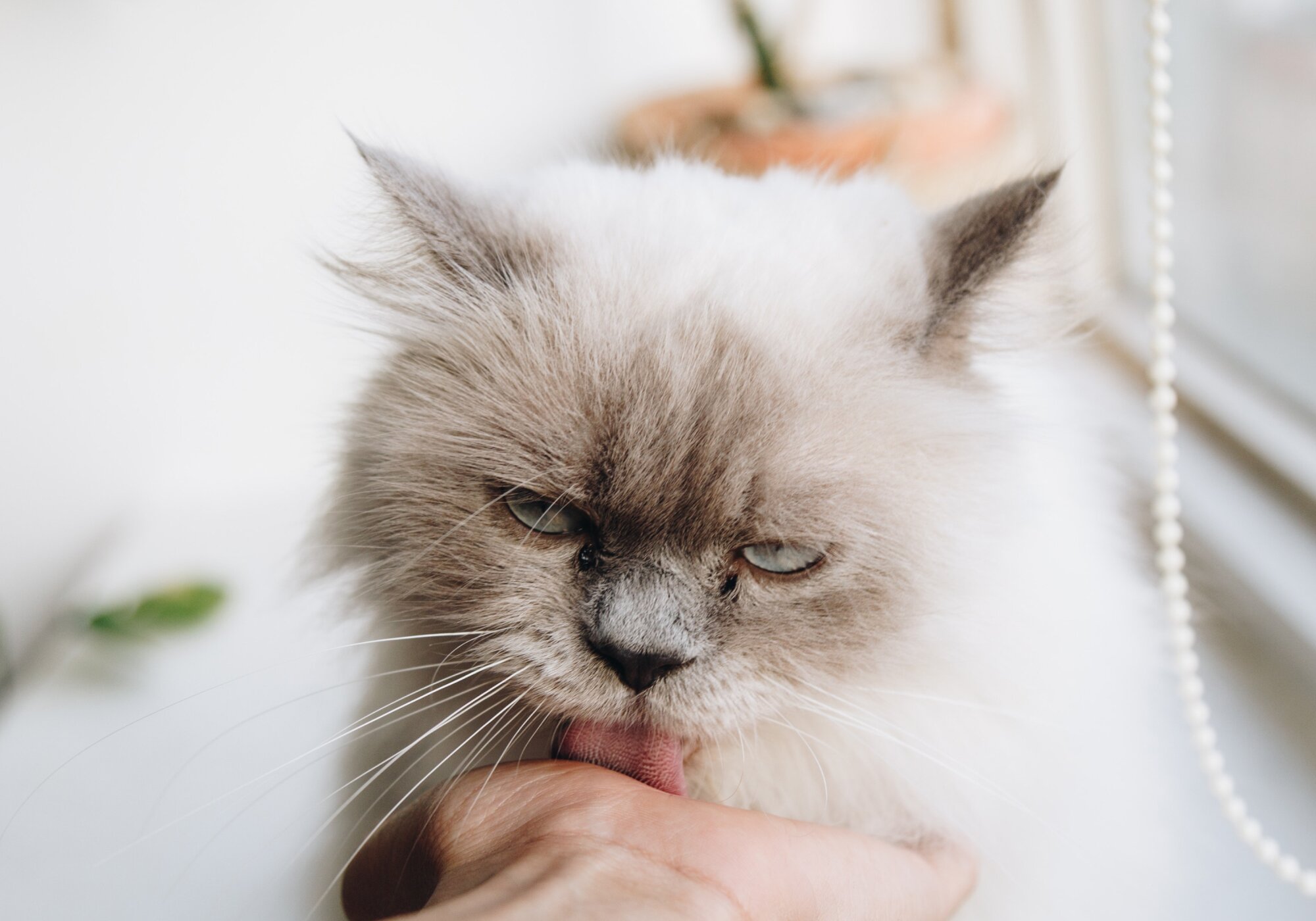Keeping your cat happy and entertained can be challenging if your kitty gets bored easily. You may be wondering if there are any tools to help.
The good news is catnip is an easy-to-use, organic compound that can keep your cat happy and playful. But, there are some important things to know before you introduce catnip into your cat’s life.
In this article, we’ll cover:
- What is a catnip plant
- Why do cats love catnip
- 3 benefits of catnip
- 7 tips for using catnip
- Frequently asked questions about catnip

What is a catnip plant

The catnip plant, also called by its scientific name nepeta cataria, is a member of the mint family. The chemicals released by the catnip plant mimic cat pheromones and can attract your cat to the plant.
Catnip is native to Europe and Asia, but over time has naturalized in many other areas of the world. In the United States, an abundance of catnip grows in fields, along streams, and in open woodlands in Missouri.
Why do cats love catnip

You may be wondering, what catnip does to cats. It all starts with an essential oil in catnip called nepetalactone. Cats can feel the effects of catnip by inhaling the aroma released by the plant.
Catnip releases nepetalactone which travels up your cat’s nose where it stimulates your cat’s senses. This triggers a response from the olfactory cells in the part of your cat’s brain that regulates emotions.
When this happens, your lazy cat can turn into a more playful cat for a short period of time. Pet parents can use catnip as a training tool to teach their cat tricks, to calm an anxious cat, or just for fun.
What does catnip do to cats
Catnip has a spectrum of reactions and effects on cats. Cats exposed to catnip may feel happy and energized. Other cats can even have a euphoric reaction to catnip. Cats love catnip and tend to show it by rubbing their face or rolling in it.
When inhaled through your cat's nose, catnip works to energize your cat. On the other hand, when cats eat catnip, it can cause cats to mellow out.

3 benefits of catnip
When used correctly, fresh catnip can supplement a cat's health regimen in a positive way. Here are three benefits of giving your cat catnip.
1. Reduces anxiety and depression.

When your cat ingests catnip, the catnip acts as a sedative. This means your cat’s mood can lift and improve from catnip’s essential oils.
Catnip can also help to calm down a cat. If you have an anxious kitty, consider adding catnip to your cat’s regimen to keep them calm and happy.
2. Provides entertainment.
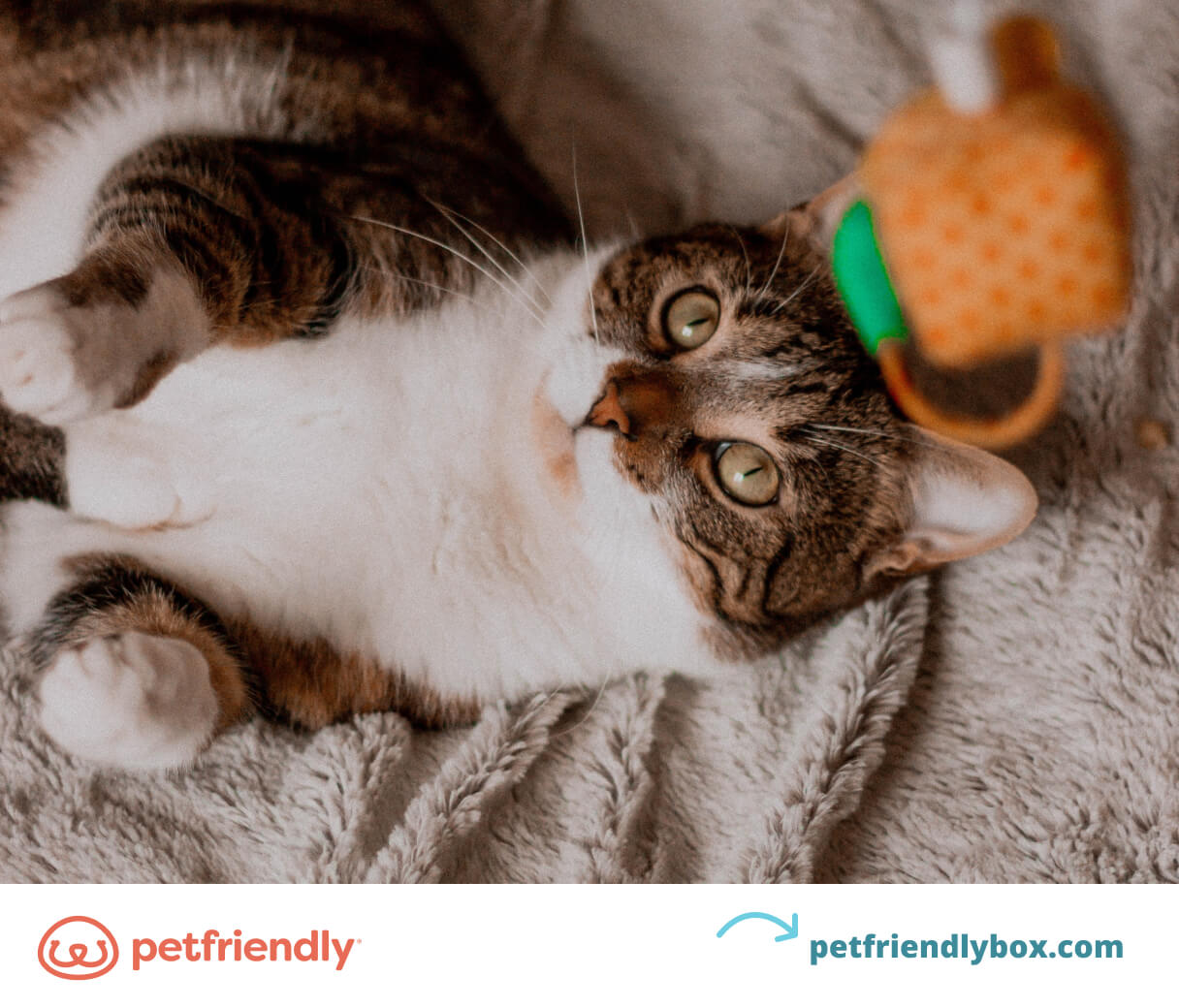
When cats get bored, they may find themselves getting into trouble like scratching furniture. Pet parents can sprinkle dried catnip on their cat’s toys and scratching posts to keep them interested in their toys and away from your furniture.
3. Promotes better health.
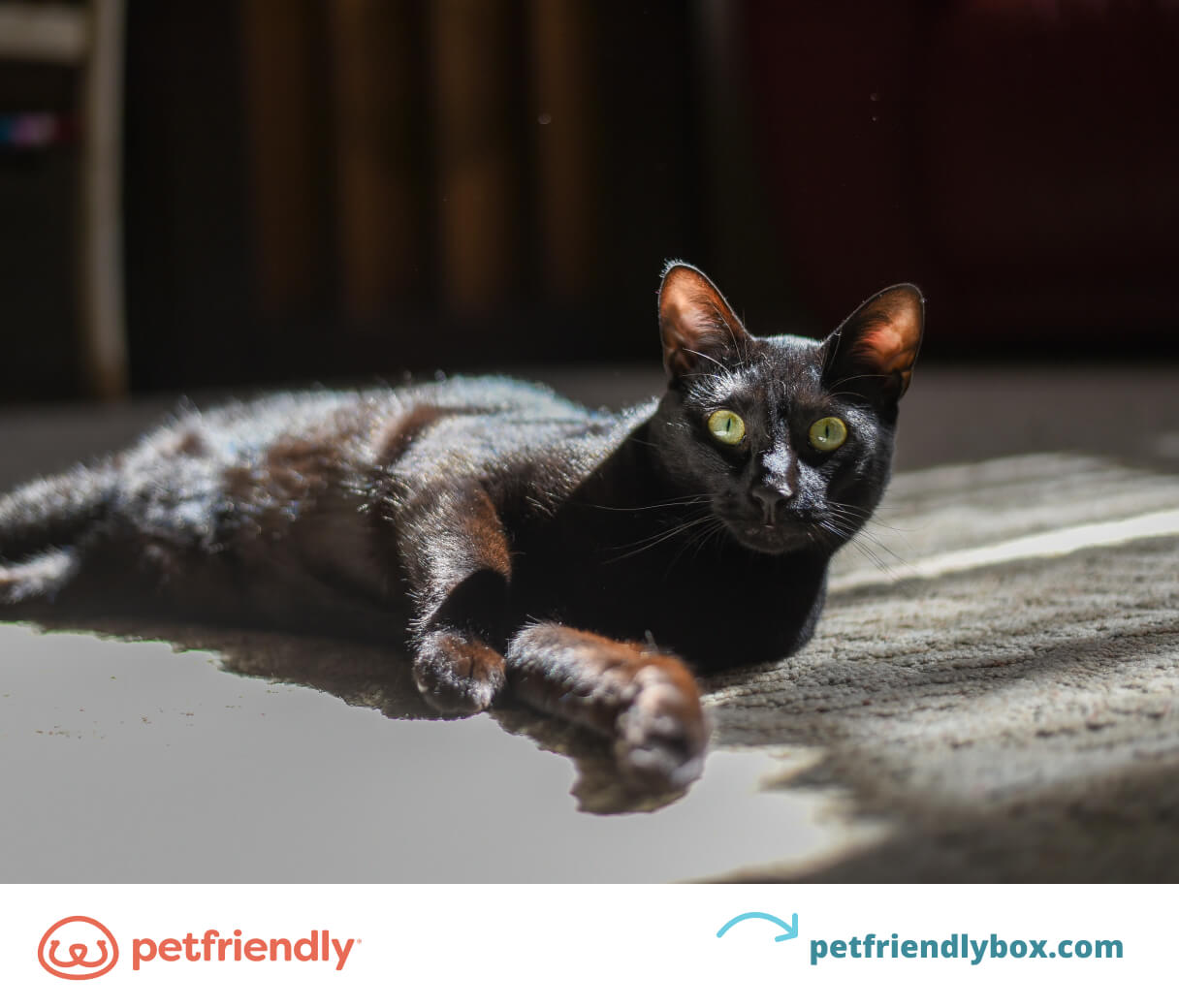
In small amounts, catnip plants are safe for your kitty and will not lead to health problems when ingested or eaten.
Most cats are great judges of when they have had enough catnip. Oftentimes they will walk away from the catnip after they finish playing.
Negative side effects of catnip
If your cat does feel the effects of catnip, it’s important to limit their exposure. Too much catnip exposure can make your kitten sick.
Too much catnip can cause symptoms like:
- Upset stomach
- Trouble walking
- Vomiting
- Diarrhea

7 tips for using catnip
Before you add catnip to your cat's environment, consider how cats respond to catnip. And, if your feline friend could benefit from its effects.
Here are seven tips for using catnip.
1. Start small.

Before stockpiling a year’s supply of catnip for your kitty, consider trying a small dose. Some cats react differently to catnip than other cats.
2. Be mindful of your cat’s age & lineage.
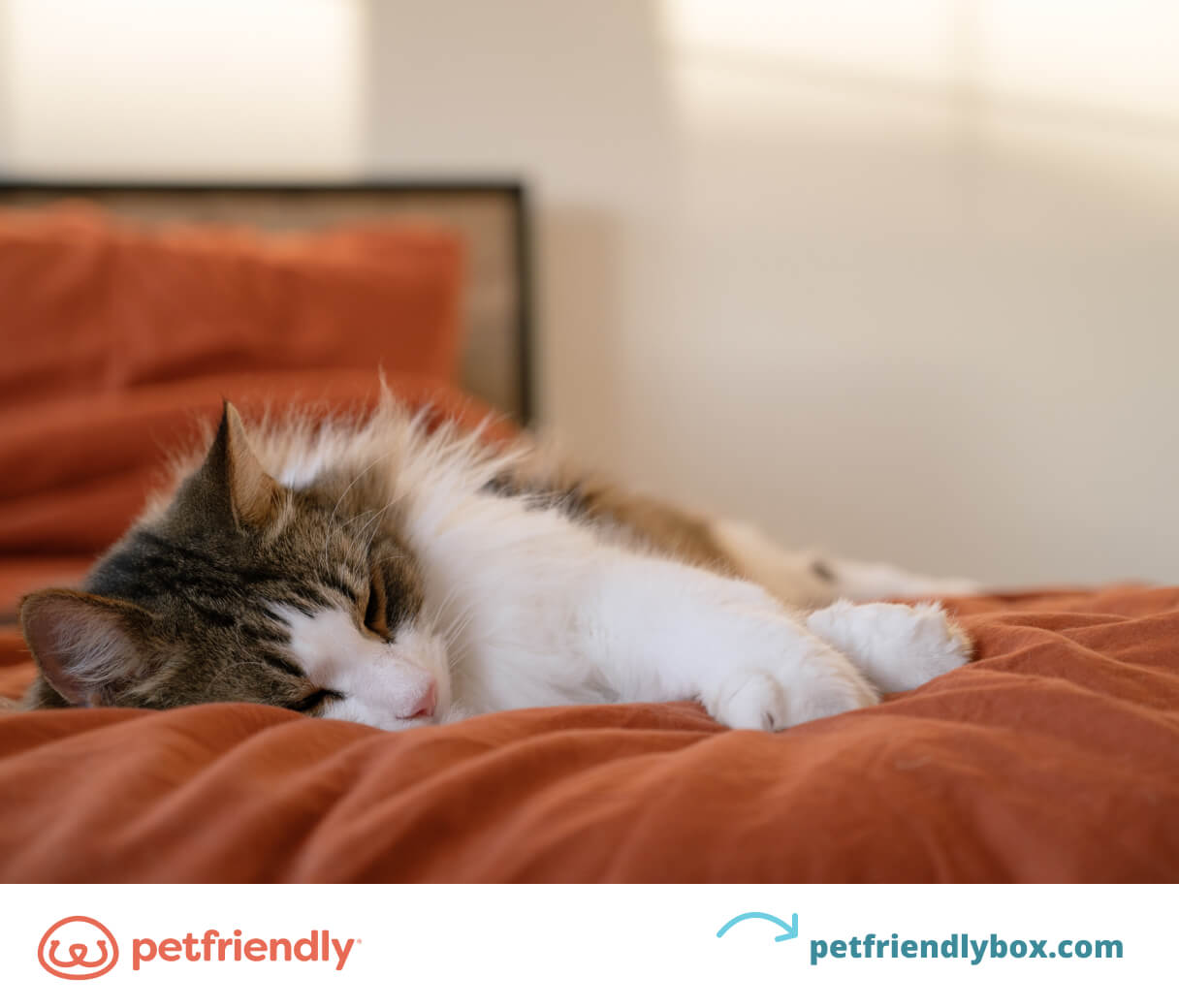
The truth is, not all cats react to catnip. Sensitivity does not depend on your cat’s breed. But, sensitivity is hereditary, meaning it is passed down through litters.
Kittens typically feel the effects of catnip more than senior cats. Over time, the chemical reaction of catnip does not affect older cats the same way as younger kittens.
3. Monitor your cat’s behavioral changes.

If you give your cat catnip, take note of your cat's reaction. Pay attention to how your cat's behavior changes, and if the effects last more than two hours.
Catnip can have powerful effects on cats. If catnip causes behavioral problems in your cat, like aggression and mischief, consider a different product to lift their mood and entertain them. At your next cat check-up, ask your vet if catnip is right for your cat.
4. Sprinkle some on your cat’s scratching post.

If your cat seems uninterested in their scratching post or cat tree, sprinkling catnip can bring back some excitement. The chemicals released by the catnip will attract your cat to those areas and keep them interested.
5. Try catnip toys.

Some toys have catnip built into them and give your cat an instant attraction. Pet parents can try cat toys, catnip sprays, and other products infused with catnip to keep domestic cats entertained.
6. Keep it fresh.
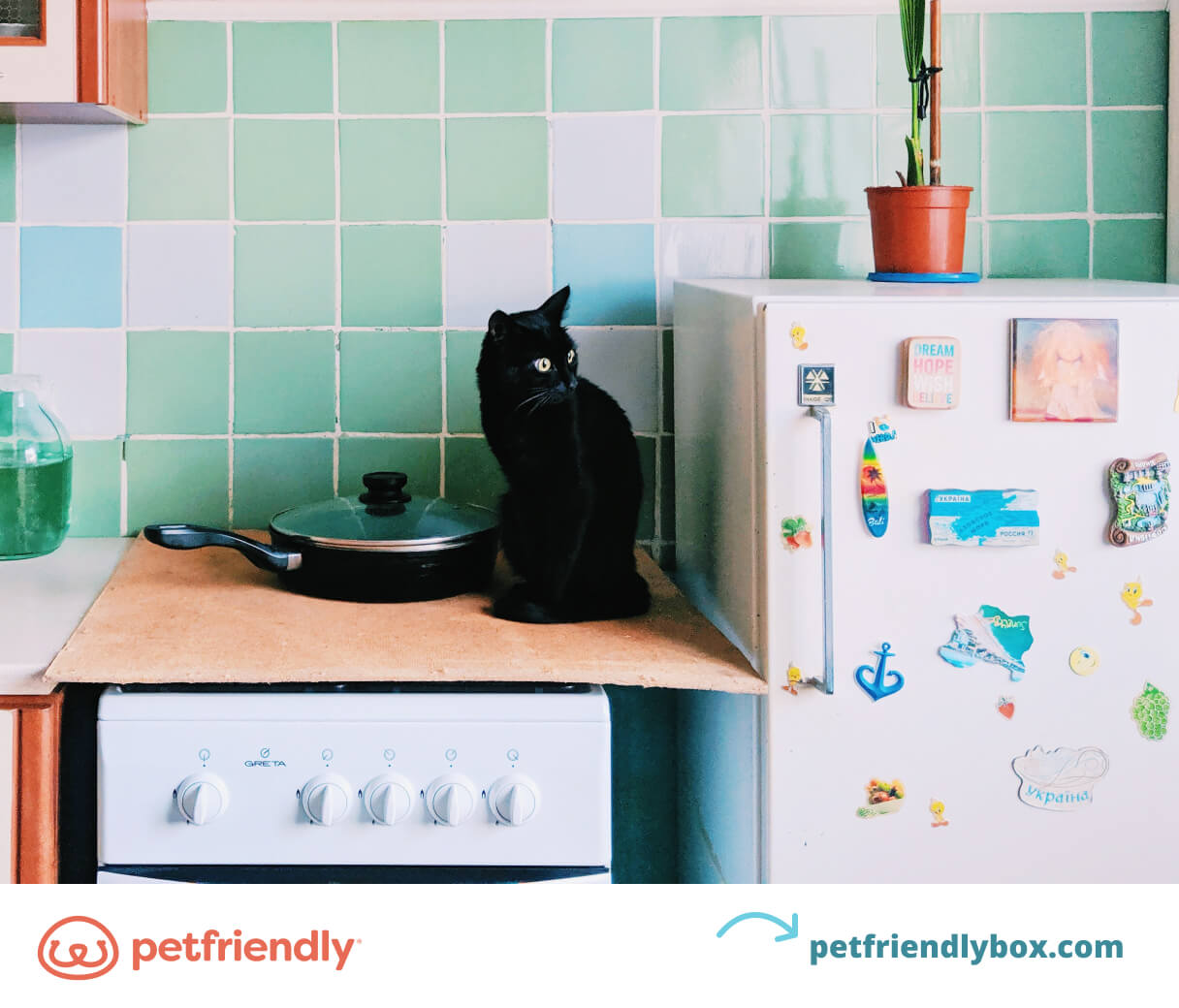
Pet parents can grow fresh catnip at home or purchase stalkless catnip online or at a pet store. Catnip loses its potency over time. So, store it in the freezer or in an airtight container to prolong its effectiveness.
7. Use catnip to introduce new environments.

Sprinkling catnip in a new environment can help a scared cat get comfortable in a new space. When moving to a new home, using catnip in different areas can help cats adjust to their new surroundings.

Frequently asked questions about catnip
Catnip is a great tool for pet parents to utilize. With the right regimen, catnip can supplement your cat’s health and keep them happy and entertained.
Check out these common questions from pet parents about catnip and its effects on cats.
Is it okay to give my cat catnip?
Yes. Catnip is a safe, non-addictive herb from the mint family. But, it’s important to remember not all plants are safe for cats and dogs.
Do cats smell catnip?
Yes. Catnip herb releases chemicals and essential oils that your cat can smell. Inhaling catnip is the most common way cats feel its effects.
What does catnip do to cats?
Catnip can affect cats in different ways. Not all cats feel the effects of catnip. Some cats have a sedated reaction, while others have a euphoric reaction to catnip.
Does catnip work?
There is no way to make catnip work on all cats. Not all cats react to nepetalactone oil. But, most cats have a reaction and feel its effects wear off after about 10 minutes.
Does catnip work for humans?
Human brains and cat brains are different. But, yes, humans can use catnip for calming purposes. Catnip leaves made into tea is a calming regimen that can have a sedative reaction for humans.
Does catnip make cats high or crazy?
Every cat reacts to catnip differently. It's possible that catnip can turn your lazy cat into a crazy furball. That's why humans should consider introducing catnip in small doses and monitor behavior changes.
Is catnip bad for cats?
Dried catnip is safe and healthy for your cat in small doses. Catnip is only bad for your cat if they react to catnip negatively. All cats react to catnip differently, but catnip is generally safe for all cats.
Can I give my cat catnip every day?
Over time, catnip’s effects can dull if your cat has exposure to it every day. To make the effects last longer, humans can give their cats catnip every few days or on special occasions.
Can cats overdose on catnip?
No, cats cannot overdose on catnip. But, too much catnip can make them nauseous and cause stomach issues.
Can cats get addicted to catnip?
No. Cats cannot get addicted to catnip and they will not feel withdrawal symptoms after exposure.
Where can you buy cat catnip?
Pet parents can buy catnip through online retailers or at your local pet store. There are lots of other calming products like pheromone diffusers and calming treats that can also help calm your cat.
Does catnip work for big cats?
Big cats like lions and tigers respond to catnip the same way a house cat would. Catnip can make lions and tigers playful and happy.


